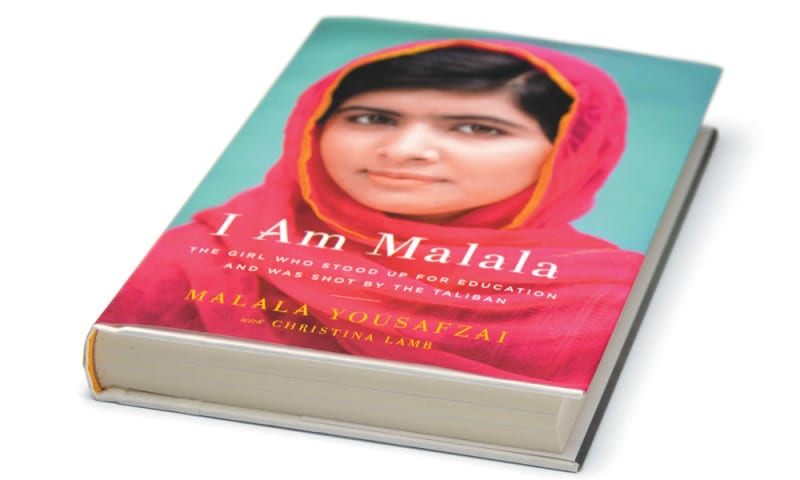Malala Yousafzai (17) found out she had become the youngest person to win a Nobel prize from a teacher in chemistry class.
The campaigner was jointly awarded the prestigious peace prize with Indian children’s rights activist Kailash Satyarthi for her “heroic struggle” in favour of girls’ access to education.

When I found I had won the Nobel Peace Prize I decided I would not leave my school, rather I would finish my school time. – Malala quoted at her school in Edgbaston, Birmingham.
Malala came to prominence after surviving an assassination attempt in October 2012 when her calls for equal rights angered Taliban militants in her homeland of Pakistan.
“I went to the physics lessons, I learned. I went to the English lesson. I considered it like a normal day’. Malala said.
“I was really happy with the response of my teachers and my fellow students. They were all saying they were proud.”
The teenager said it was “quite difficult” to express her emotions but she felt “really honoured” and dedicated the award to “all those children who are voiceless”.
Speaking at a press conference at the Library of Birmingham she said: “I felt more powerful and more courageous because this award is not just a piece of metal or a medal you wear or an award you keep in your room.
“This is encouragement for me to go forward.”
Dr Ruth Weeks, headmistress at Edgbaston High School, said: “We are delighted. For Malala to achieve this distinguished accolade is indeed a great honour.

Buy it today from Amazon
Malala Yousafzai addresses United Nations Youth Assembly
The adventurous spirit behind the pages of British Muslim magazine. As the Editor-in-Chief, Natasha leads with a passion for exploration and a pen dipped in wanderlust. With a keen eye for halal travel experiences and an insatiable curiosity for new experiences, she brings readers along on captivating journeys to far-flung destinations. Through her vibrant storytelling, Natasha invites readers on enriching adventures, where every experience is a window into the muslim world.






















































































































































































































































































































